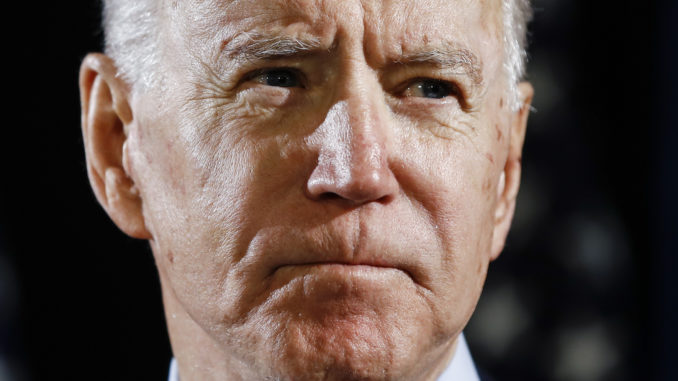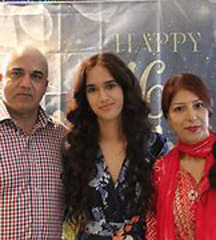
WASHINGTON D.C. (TIP): Biden administration officials suggested that initiatives around corruption, election integrity and support for new and existing multilateral initiatives will emerge from the talks. U.S. President Joe Biden kicked off Day One of his Summit for Democracy, calling on countries to make “concrete commitments” to reaffirm their democratic values. Over 100 countries have been invited, as well as civil society actors, members of various parliaments and the private sector. “Democracy doesn’t happen by accident. We have to renew it with each generation,” Mr Biden, sitting beside his Secretary of State Antony Blinken, told over 50 world leaders who could be seen on a large screen. “We have to stand for justice and the rule of law for free speech, free assembly, a free press, freedom of religion, for all the inherent human rights of every individual,” the President said. The purpose of the gathering was not to assert that any of the participant countries were perfect democracies, Mr Biden said, but “to lock arms and reaffirm our shared commitment to make our democracy better” and to share ideas and make “concrete commitments” on combatting authoritarianism, fighting corruption and promoting human rights – the three themes of the summit. Mr Biden said he was launching the Presidential Initiative for Democratic Renewal, which, along with the U.S. Congress would commit $224 million toward various democracy related projects including transparency, fair elections and free and independent media.
Calling a free and independent press the “bedrock of democracy”, Mr Biden said the U.S. was launching a multilateral effort to enhance independent media. He also described a recently announced defamation defense fund by the United States Agency for International Development (USAID) to protect journalists from “nuisance lawsuits designed to prevent them from doing their work and vital work around the world.”
While the Summit is likely to see commitments, in addition to the launch of initiatives, plans to make these commitments binding appear not to be on the cards. Following the Summit, there would be “a year of consultation, coordination and delivery” a senior administration official told reporters on Monday.
Last week U.S. officials had told reporters that there would be a “written, non-binding code of conduct” on human rights parameters for the export of technologies that could be used for repression.
Additionally, this week, the U.S. released a strategy on countering corruption.
There is a second summit planned for a year from now, where countries are expected to discuss progress on their commitments. However, the monitoring mechanism seems to rely on civil society actors holding governments accountable, rather than there being any binding mechanism that emerges from the discussions.
“And our hope is that through the entirety of this process, we can really have a dialogue between participating governments and civil society, and that civil society will hold all of us accountable,” one official said during Monday’s briefing call. Another official said that coalitions like the Open Government Partnership (India is not a member) or the Universal Periodic Review (a periodic review of human rights records of UN member states) could be leveraged for monitoring.
“…We do intend to host this summit with humility,” one official said. “We see ourselves as a democracy not with all of the answers, but with openness and transparency about our efforts to overcome challenges at home…”
Earlier this week, the White House released another ‘fact sheet’ saying the Biden administration is strengthening democracy at home, with details of its work on the infrastructure bill, Build Back Better (not yet passed), voting rights, strengthening unions and other themes Mr Biden also mentioned during his Thursday launch speech.
Thursday’s agenda included two plenary sessions, one hosted by Mr Biden and the second, by European Commission President Ursula von der Leyen. Pre-recorded interventions by world leaders have been scheduled for Thursday and Friday, with Prime Minister Narendra Modi’s intervention scheduled for Friday.





Be the first to comment